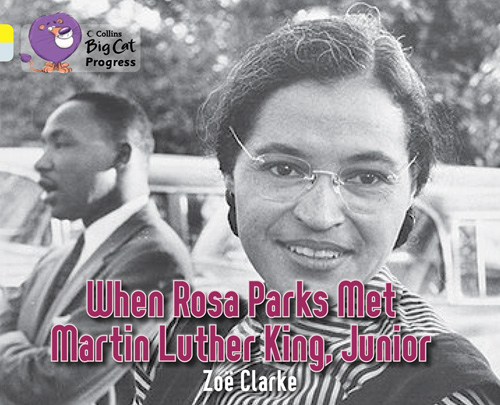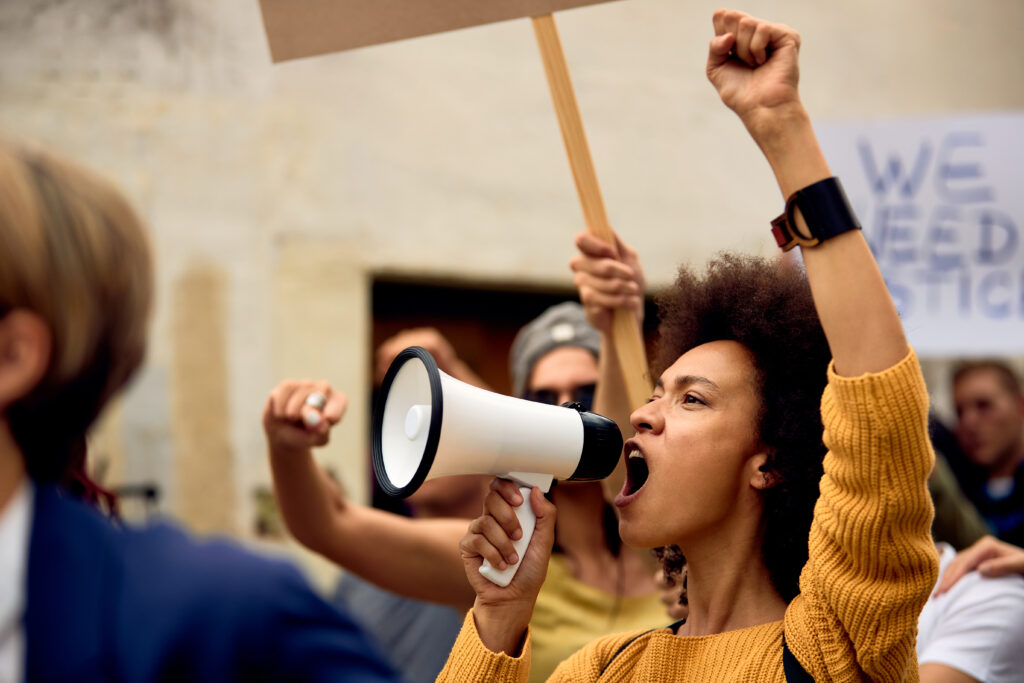This month sees the publication of the Collins Big Cat Progress book on Votes for Women which was a pivotal issue in the emancipation of women.
International Women’s Day, held once a year in March, highlights the on-going concerns over the rights of women and in this activity the children can gain an understanding of the inequalities and the ways that are being suggested to eradicate them.
Activity One – Speaking and Listening –
LO: Listen to statements and consider own response to them
Be able to justify a reason for a decision or action
Talking Point: Don’t start off by introducing the topic of women’s rights as it gives bias to the answers. Use the statements first and then talk about the rights of women as a plenary. Tell the children they’re going to work in groups, each of which gets a list of statements about men and women and that they can either cut them up and sort them or highlight them in different colours according to whether they agree with them, disagree with them or aren’t sure and want more information first.
The worksheet of the statements accompanies the activity. An interesting variation on this is to engineer the groups so that some are all boys, some are all girls and some mixed to gauge their responses.
Once they have sorted the statements ask the groups to say one from each group and say why they’ve placed it there. Collect the ‘need more information’ ones for the plenary.
At Home: Ask parents/guardians whether they think women have the same rights and opportunities as men and what they think needs to be done to resolve the problem.
Activity Two – Spelling and Vocabulary
LO: To be able to identify the meaning of a word through context
Recall the spellings of topic related words
Use the list of words relating to women’s rights that accompanies this activity. Give the children a sentence where the word is used and ask them to tell you what they think it means.
At Home: Learn how to spell the words and write them in a sentence using the right context
Activity Three – Writing Non-Fiction – Persuasive Writing
LO: Write for different purposes
Using effective language to persuade
Read some stories about how women are treated in other countries. Examples might be arranged marriages, child brides, no education for girls, not able to drive etc.
Talking Point: Discuss with the children whether they think the situation is fair to women. Ask them what they think effective ways of forcing a change might be? They may decide to write a letter or an email, make a protest or even decide on avoiding using products from the countries involved.
Tell them about the work of organisations such as the UN to change the situation and how governments can sometimes make a difference.
Now get them to write a letter to either their MP or the UN trying to persuade them to do something about the situation. They will need to make notes before starting and a guide sheet for this accompanies the activity. Remind them that they need to consider the language of persuasion.
At Home: Find out about the lives of people such as Rosa Parks who campaigned for rights for others, how they did it and what happened to them. Suggest they look at the Collins Big Cat Progress book When Rosa Parks met Martin Luther King Junior or search the internet for the story of Malala Yousafzai.
Activity Four – Grammar – Connectives and verb forms
LO: To understand the effect of persuasive language
To use persuasive language effectively
Talking Point: What is the one word that most often gets you what you want? The answer hopefully will be ‘please’ and this is a good activity to introduce the manners of asking politely for something. Research shows that by using the word please in its most effective way, compliance is gained in 40% more situations, surely good enough reasons to use it?
Ask the children to imagine they want a friend to come round to help them do a job that’s not too enjoyable, perhaps cutting the lawn or weeding the garden.
Ask them to write a persuasive sentence to try to get the friend to come (don’t include bribery or payment!)
Collate a selection of the ones written and present them to the class asking them to order them in effectiveness then compare your answers to find the best ‘persuasive request’
At Home: Get the children to use what they’ve learned in persuasive writing on their parents for a request they know would normally be turned down. It might be for an hour’s extra TV or a take away. Report back to the class on their success.
Activity Five – Punctuation – The Use of Commas and Semi Colons in Lists
LO: To know that items in a list are demarcated by commas
To know where they should use semi colons instead of commas in a list
Talking Point: Write these sentences on the board:
For my birthday I’d like a tennis racket, a toy car, some sweets, some money, a laptop and a bike
You’ve got a choice today, you can either go round to see Billy; come with me shopping in town; have Aunty Marge look after you whilst dad’s at work or watch TV then get lunch ready for us.
What do they notice about the punctuation in the sentences? Single words or short phrases are demarcated in lists by commas whilst longer phrases are demarcated by semi colons.
Now ask them to write sentences which involve lists. They could use favourite sports, foods, places to go, TV programmes. Ask them to consider which form of punctuation they need to use.
At Home: Investigate where else commas are used. Use their reading books for inspiration or look through a newspaper or magazine.





